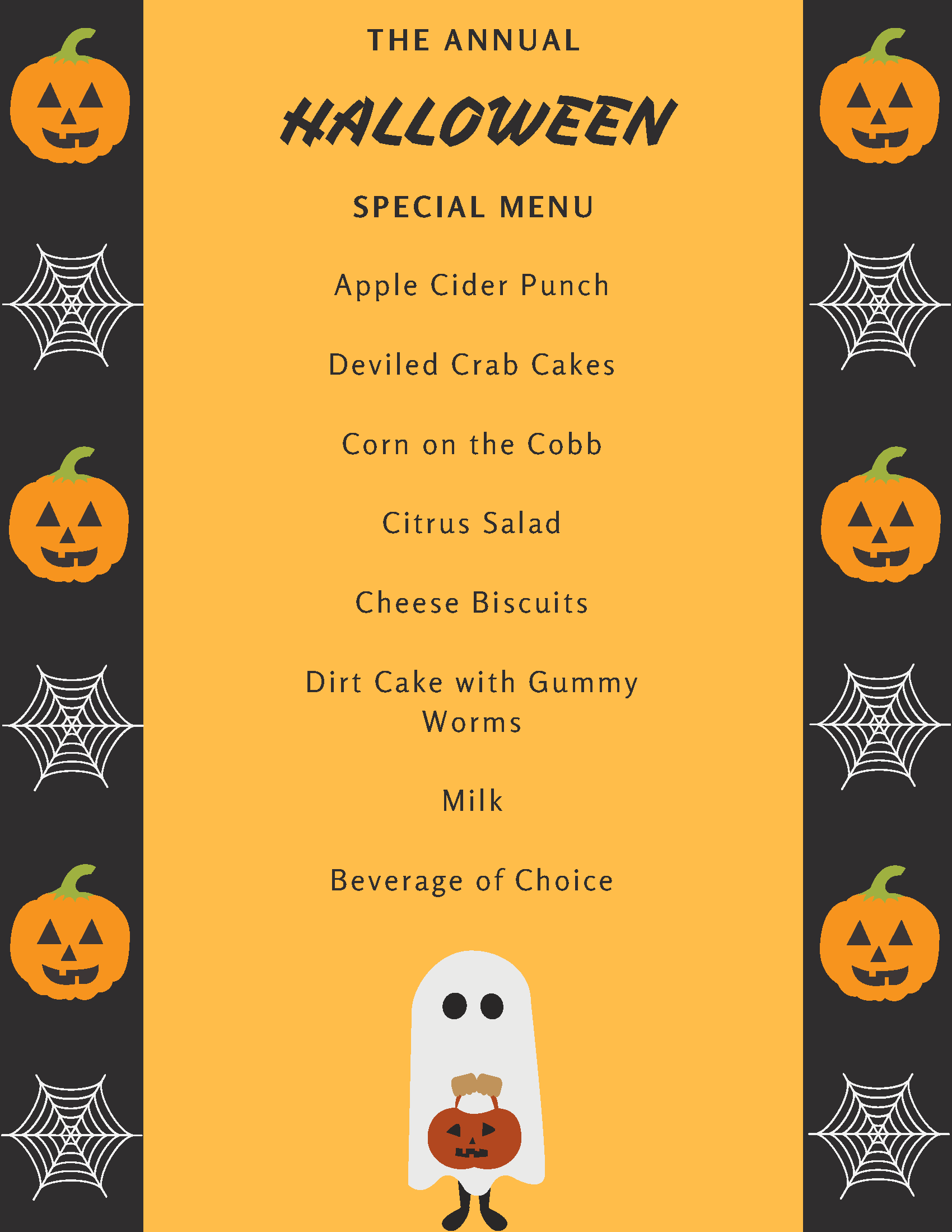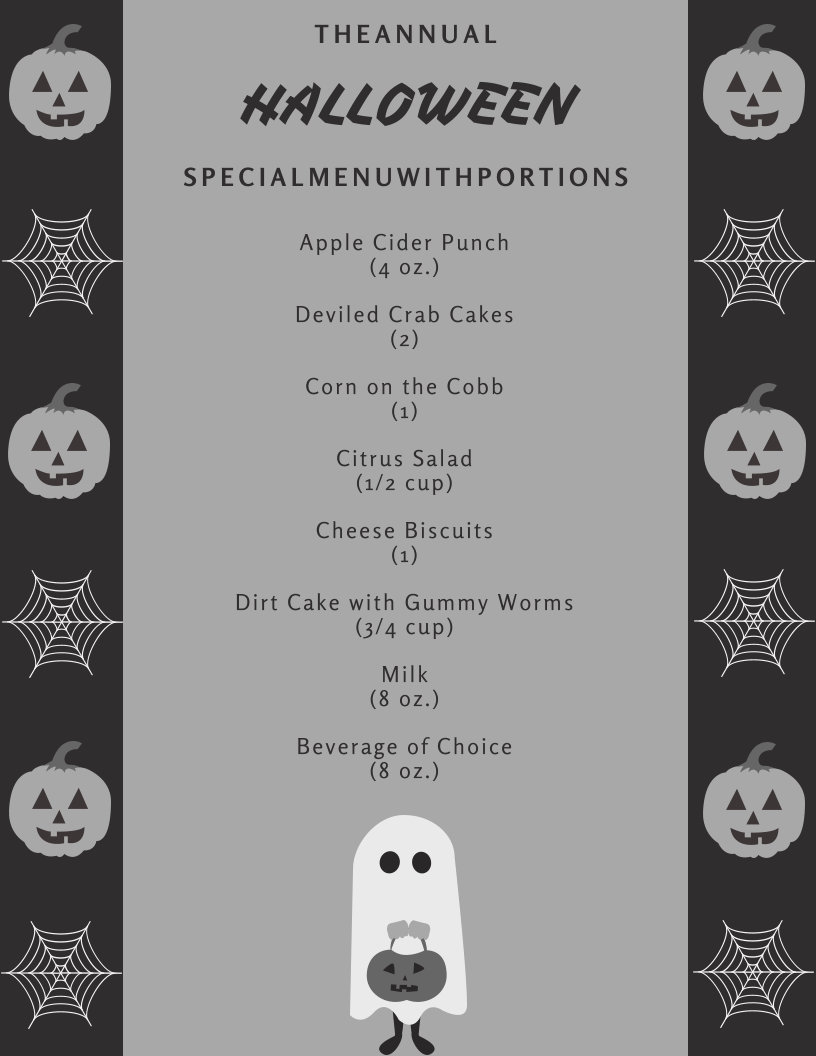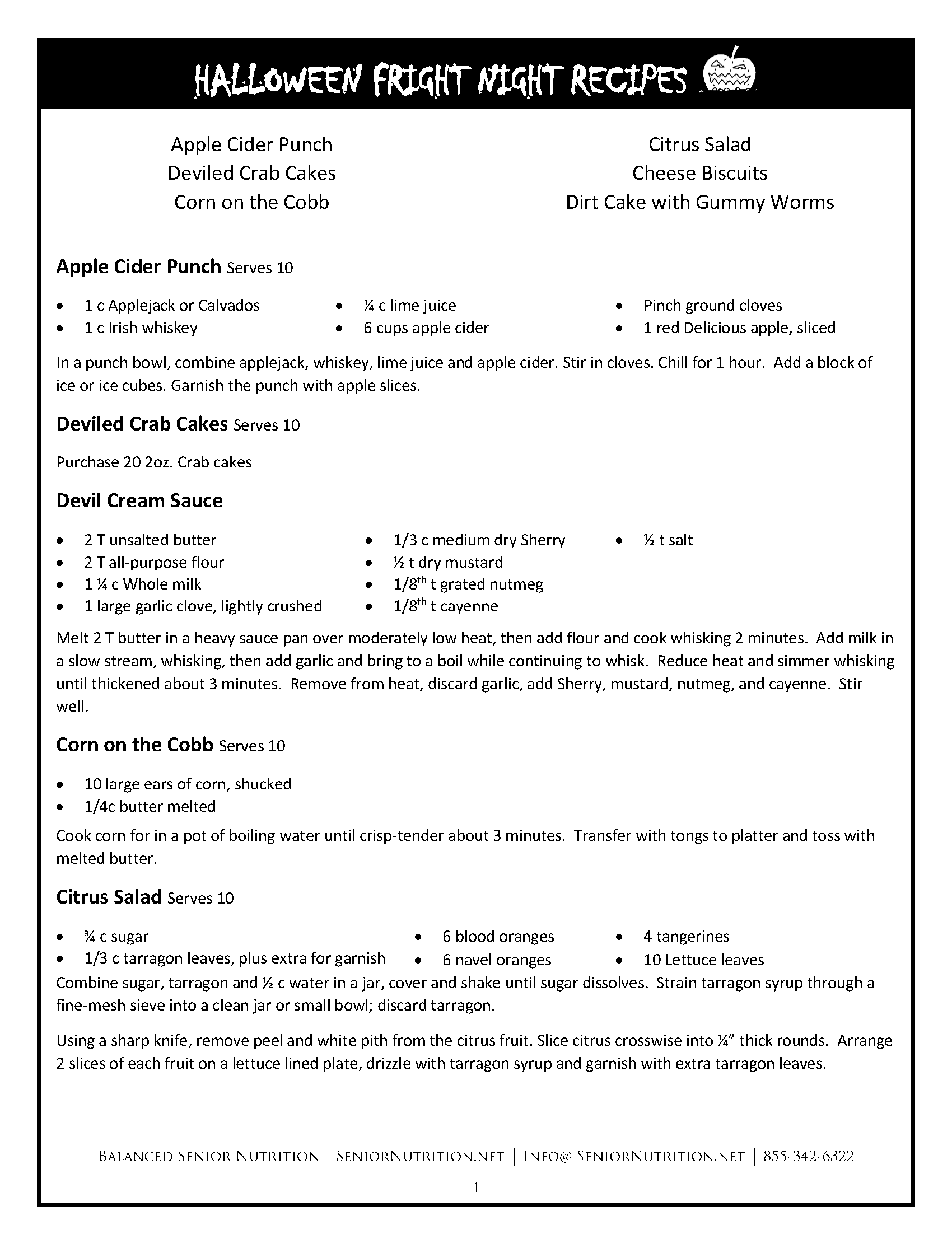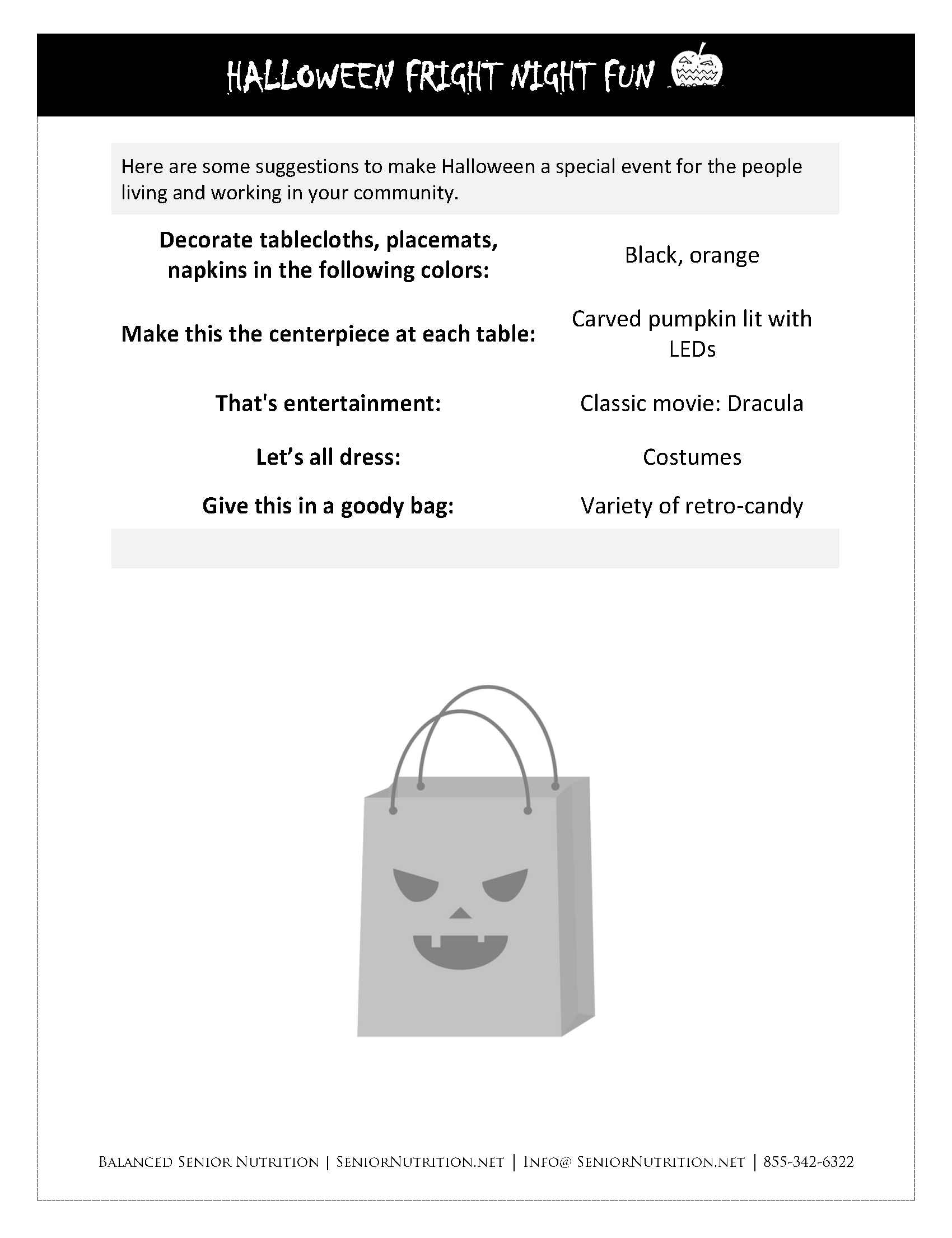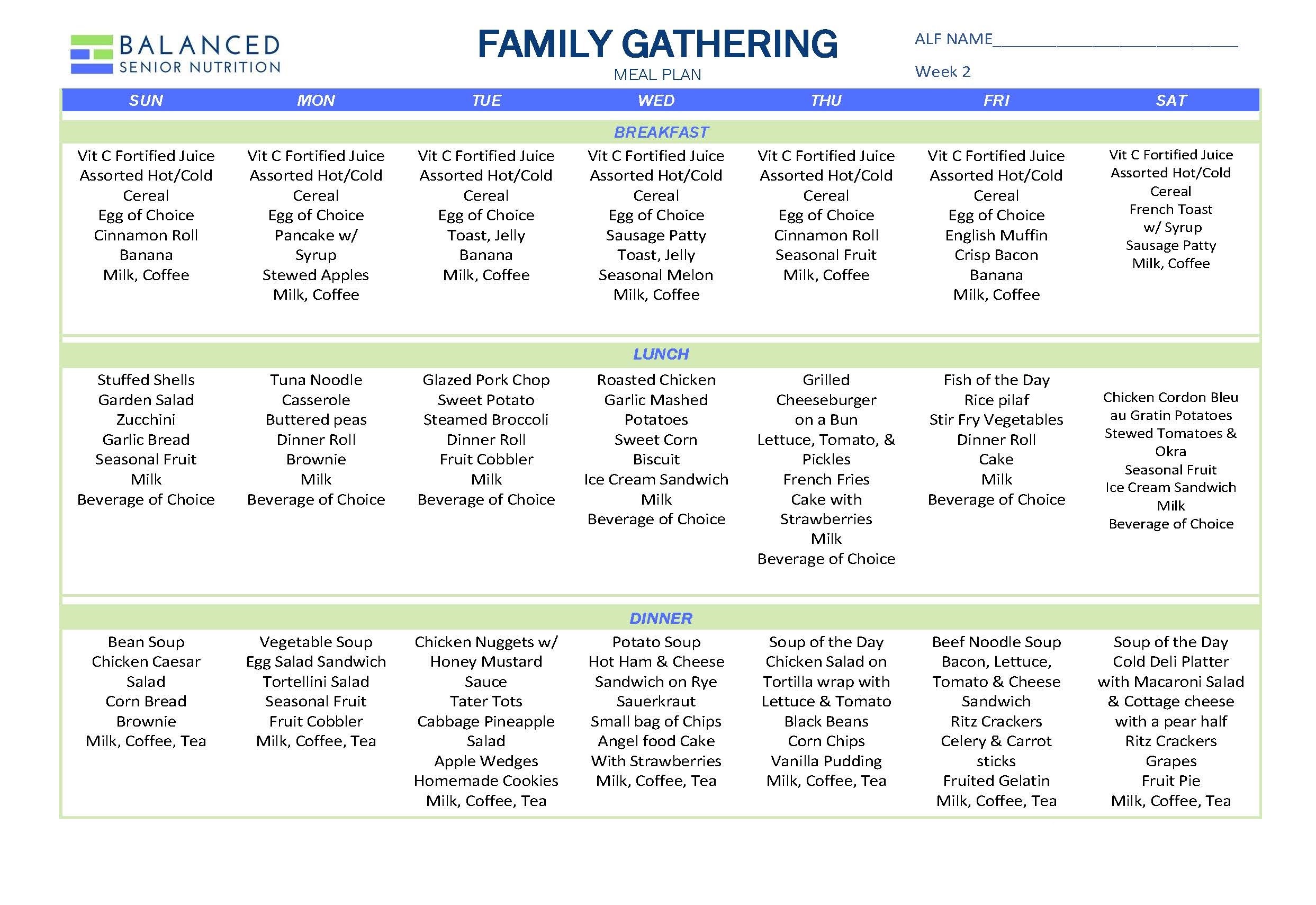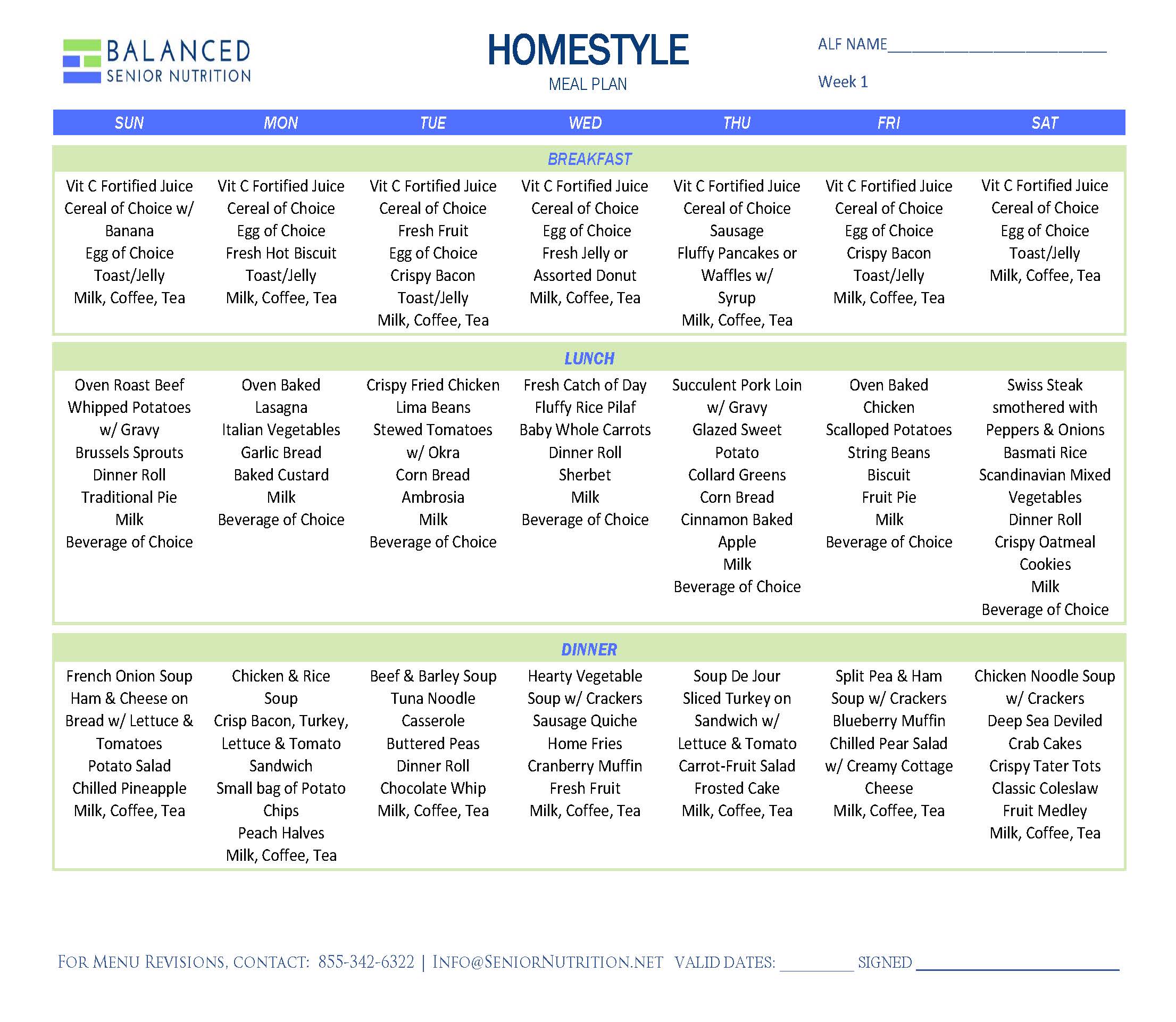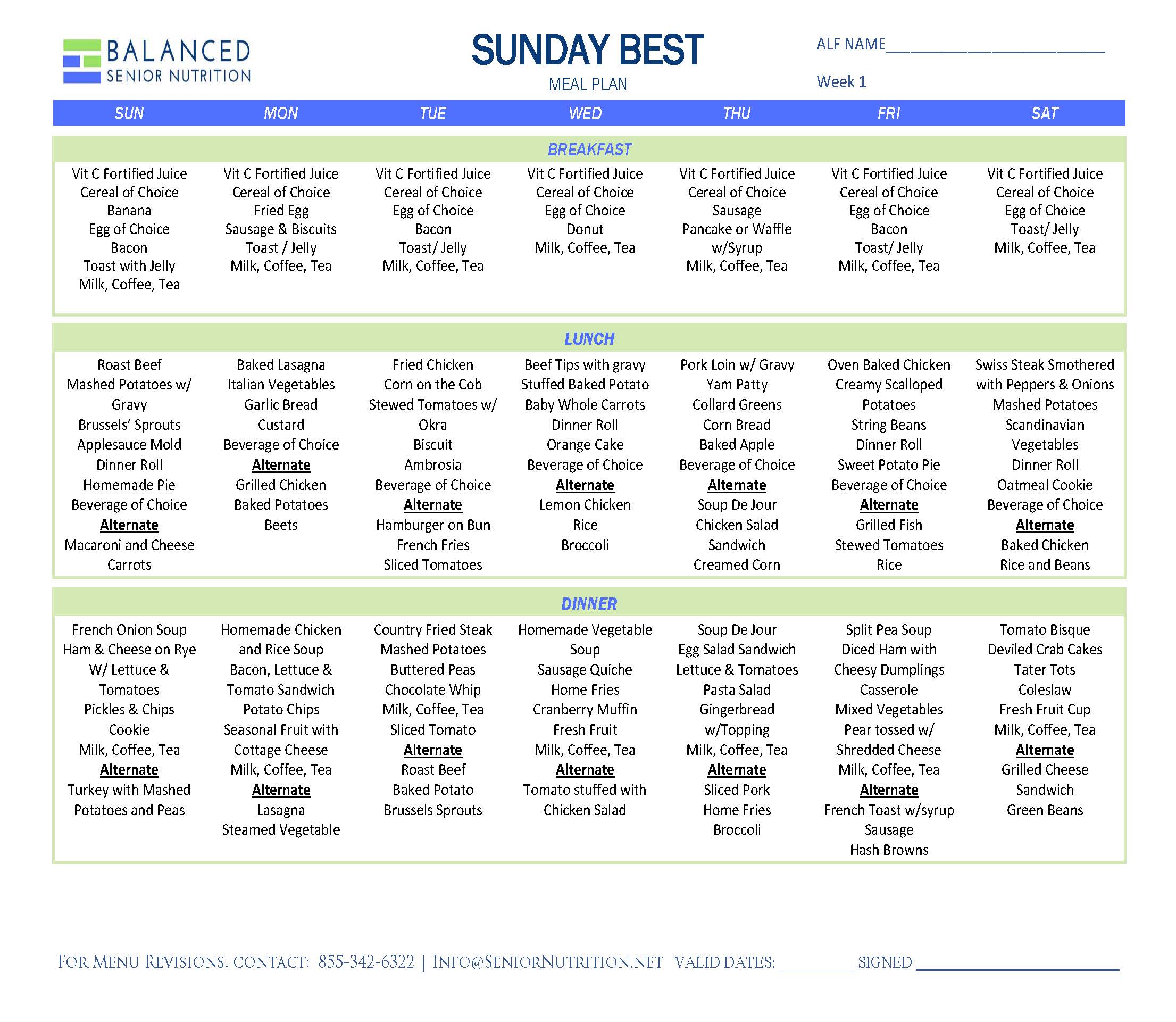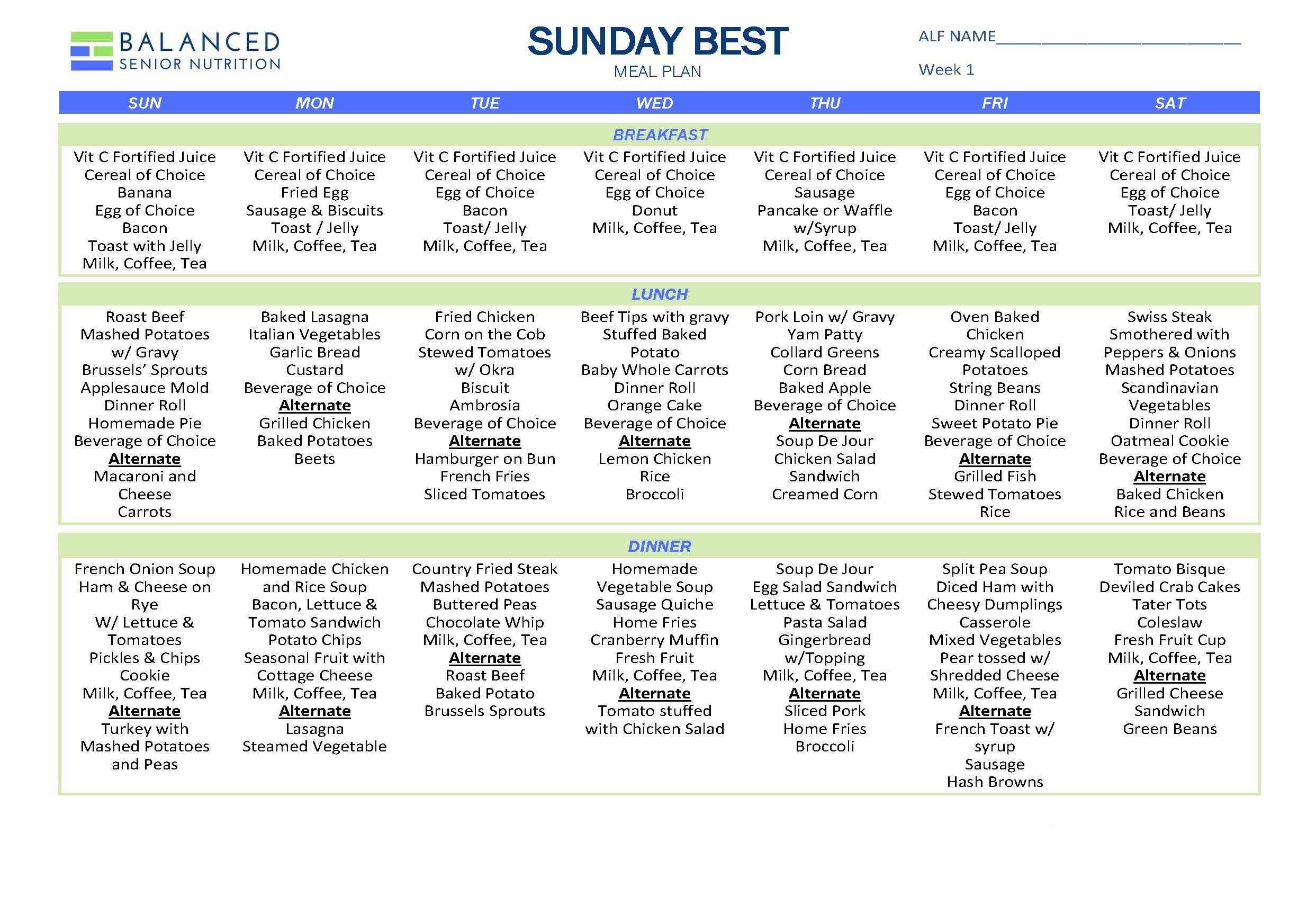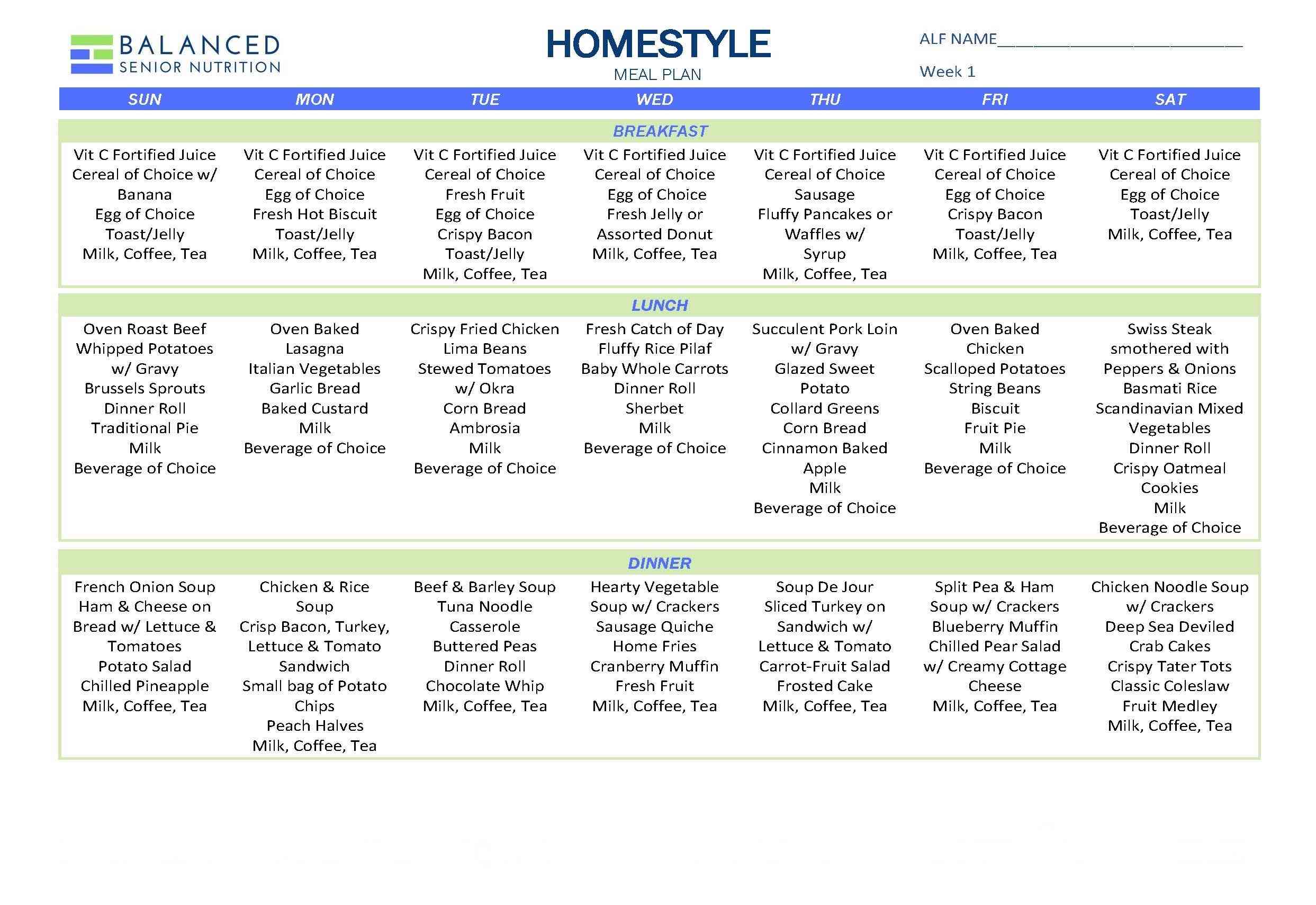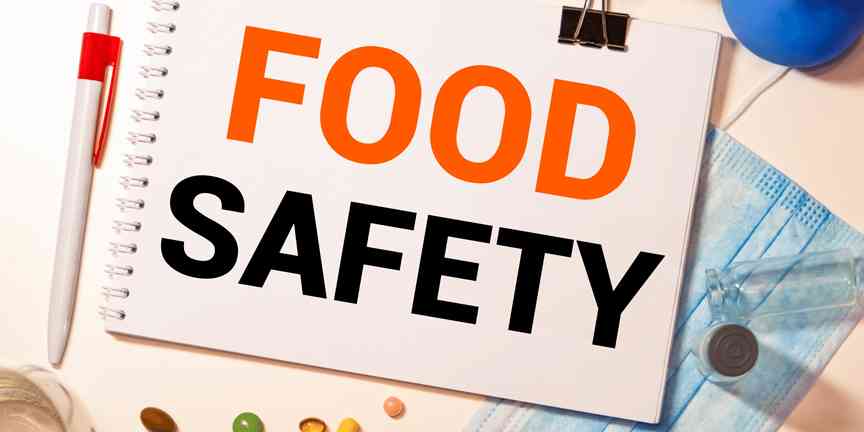 As a consulting dietitian overseeing nutrition at senior living communities, I know that many residents enjoy food brought in by their family and friends. But that doesn’t mean the food is always safe to eat. In fact, if the proper procedures aren’t followed, it could be deadly. With these tools created by BSN Solution’s team of expert dietitian consultants, you can ensure the safety of the people in your care.
As a consulting dietitian overseeing nutrition at senior living communities, I know that many residents enjoy food brought in by their family and friends. But that doesn’t mean the food is always safe to eat. In fact, if the proper procedures aren’t followed, it could be deadly. With these tools created by BSN Solution’s team of expert dietitian consultants, you can ensure the safety of the people in your care.
Food safety is important for everyone, but it’s especially important for your residents. As people age, the changes their bodies undergo make them more susceptible to food-borne illness. Since this illness can be serious – or even fatal – it is important to know and practice safe food-handling methods to help reduce your residents’ risk of getting sick from contaminated food.
To help you educate family members and friends, our consultant dietitians have created a tip sheet you can share with them that answers these questions:
- How long can food be held at room temperature?
- How can you safely store leftovers and where?
- What types of foods and snacks are best to have brought in?
- How can residents enjoy the foods and snacks they love and still maintain dietary restrictions?
We want to hear from you. Let us know if these quick tips help friends and family of your residents. If you have any comments or questions on senior nutrition topics, email us at info@BSNSolutions.net.
